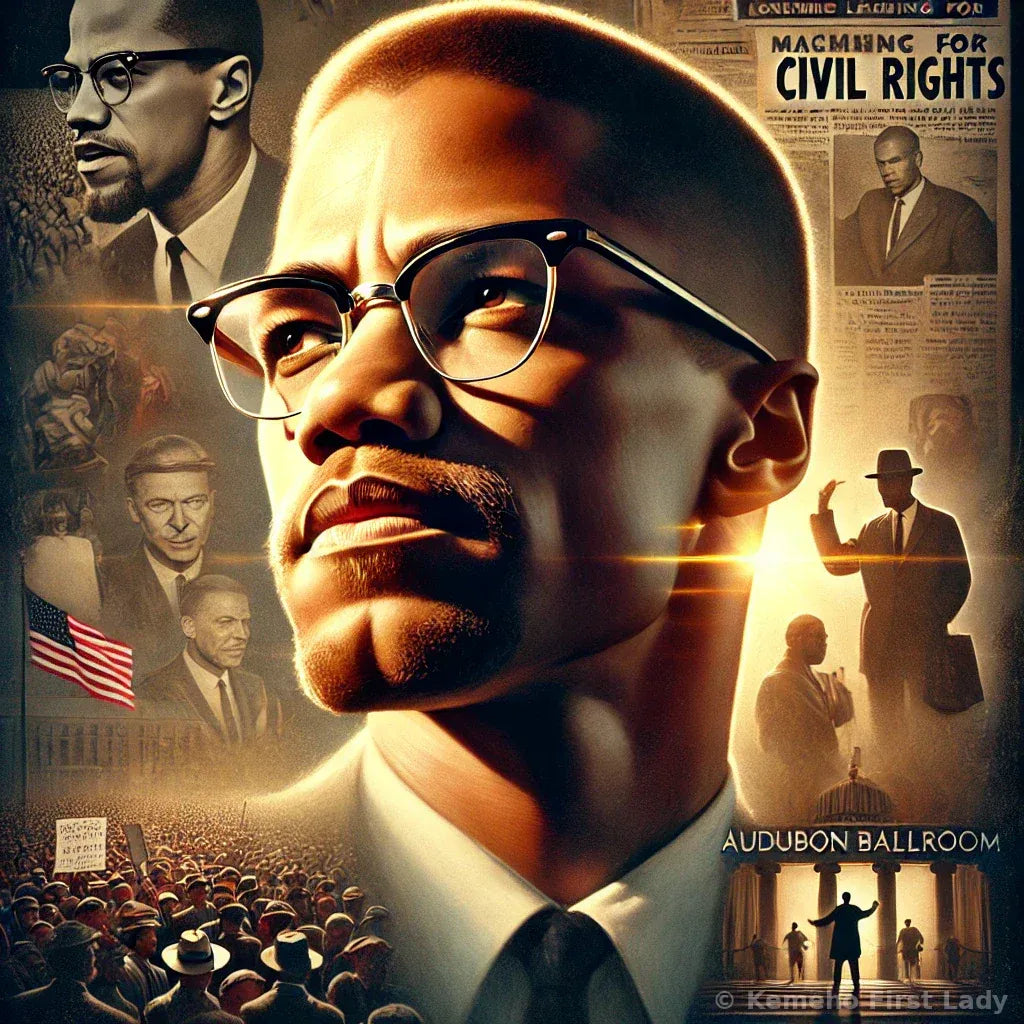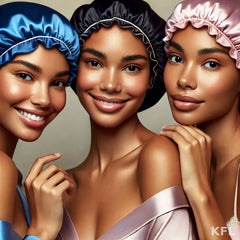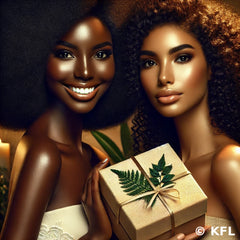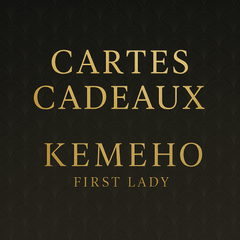
Malcolm X: The Voice of Fire and Freedom
Share Label
1965, one last look.
The red curtains slowly parted on the stage of the Audubon Ballroom in Harlem. The audience held its breath. Malcolm X, tall and imposing, adjusted his glasses with a familiar gesture. He was about to speak. He was about to awaken minds once more.

But that day, the bullets would speak first.
A deafening noise. Sudden chaos. His body collapsed, struck down by betrayal and hatred. His gaze, frozen towards the ceiling, did not waver. He knew that his fight would not die with him.
From a Broken Boy to a Revolutionary
Before becoming the icon of Black nationalism, Malcolm X was Malcolm Little, a child tossed between pain and injustice. His father, a Pan-African activist, was murdered by white supremacists. His mother, crushed by grief, was institutionalized in a psychiatric hospital. Torn from his family, Malcolm drifted from foster home to foster home until he fell into a life of crime and survival.
At 20, he was sentenced to 10 years in prison. But behind bars, he found a weapon more powerful than any gun: knowledge. He devoured books, studied history, politics, and philosophy.

He discovered the Nation of Islam, and under the influence of Elijah Muhammad, he was reborn. Malcolm Little died in prison. Malcolm X emerged free.
The Rise of a Fighter
In 1950s and 60s America, where segregation was the law, Malcolm X became the voice of fire. Unlike Martin Luther King’s pacifist message, he preached self-defense and Black pride:
“You can’t turn the other cheek to someone who lynches you.”
His words electrified crowds, his gaze pierced through cameras. He denounced the American dream as a lie, a gilded cage where Black people remained shackled. He was radical, uncompromising, a threat to the establishment.
But in 1964, everything changed. He made a pilgrimage to Mecca and saw something unexpected: men of all races praying together, united by the same faith. He realized that the struggle had to go beyond racial borders.

Upon returning to the United States, he broke with the Nation of Islam and founded the Organization of Afro-American Unity, advocating an international fight for the rights of the oppressed.
One Last Speech, One Last Flame
On February 21, 1965, he stepped onto the stage to address his people one last time. But before he could speak, three men emerged from the crowd. The bullets silenced his voice, but they did not kill his message.
His legacy survived the decades. Even today, his name is a symbol of struggle, pride, and emancipation. His words still echo:
“Freedom is never voluntarily given by the oppressor; it must be demanded by the oppressed.”










